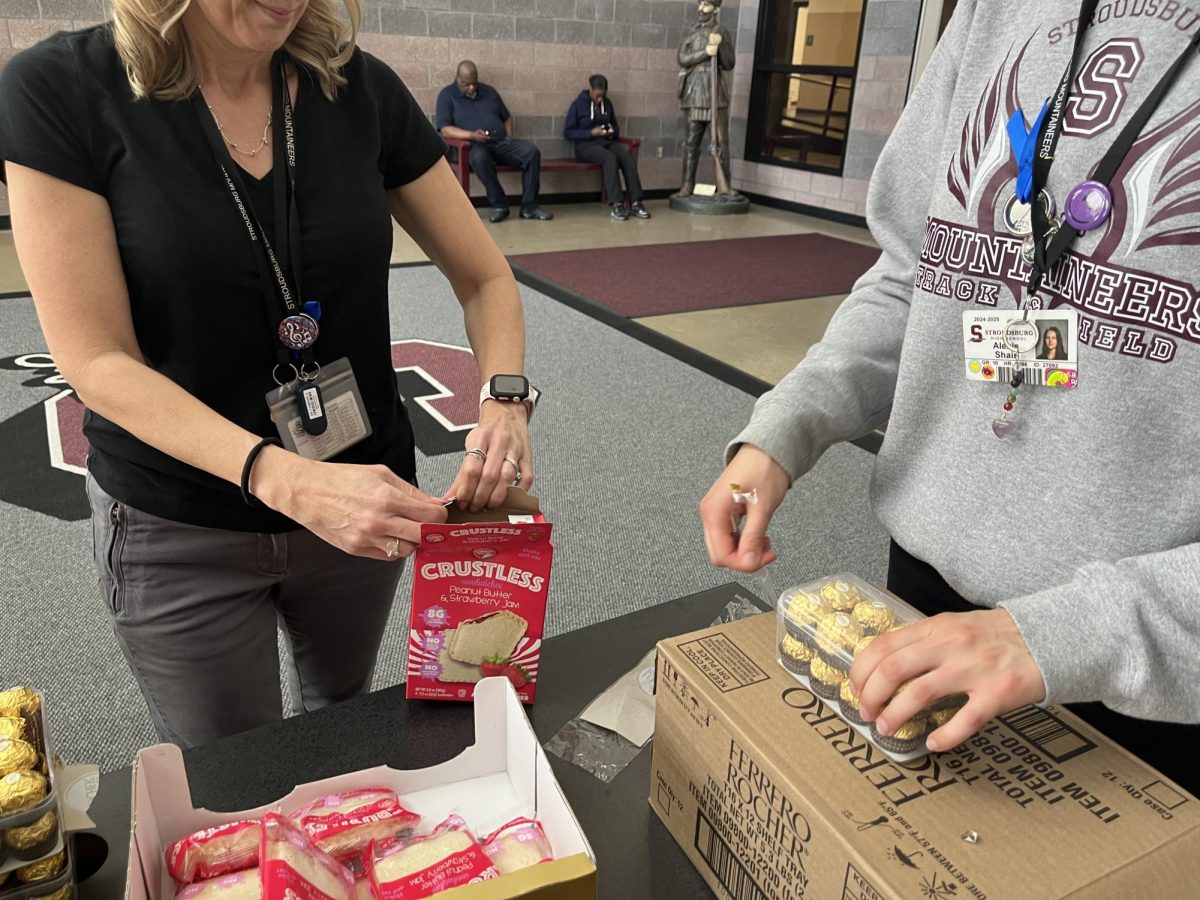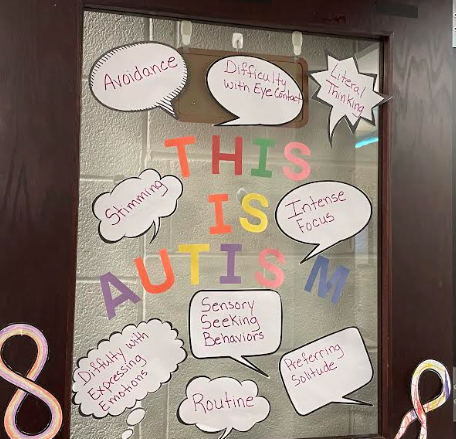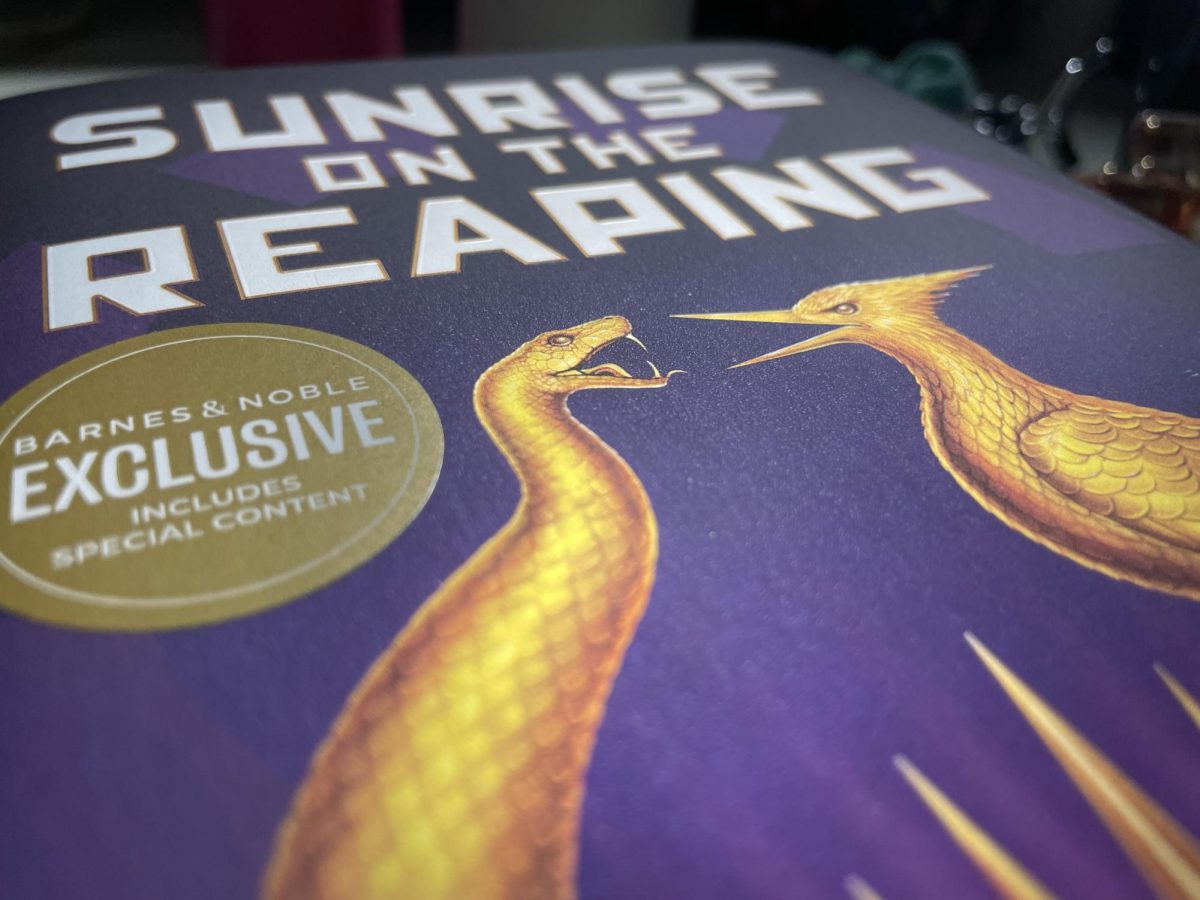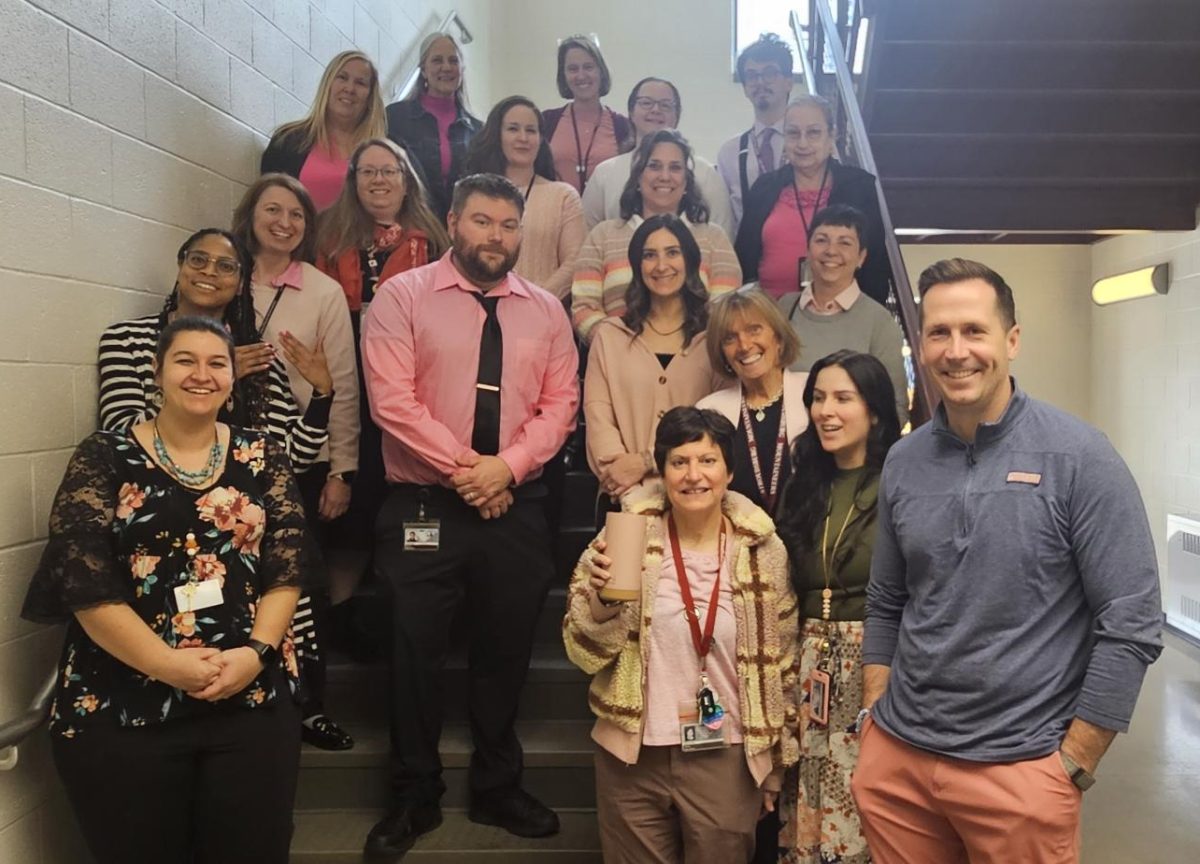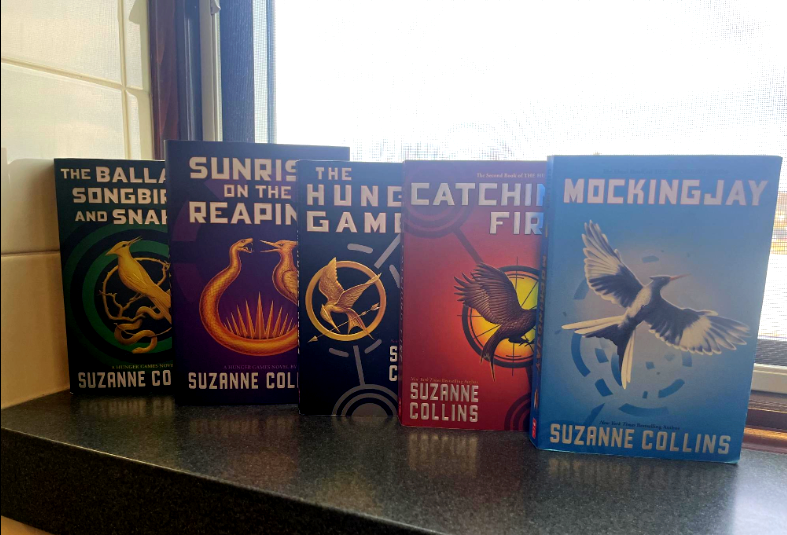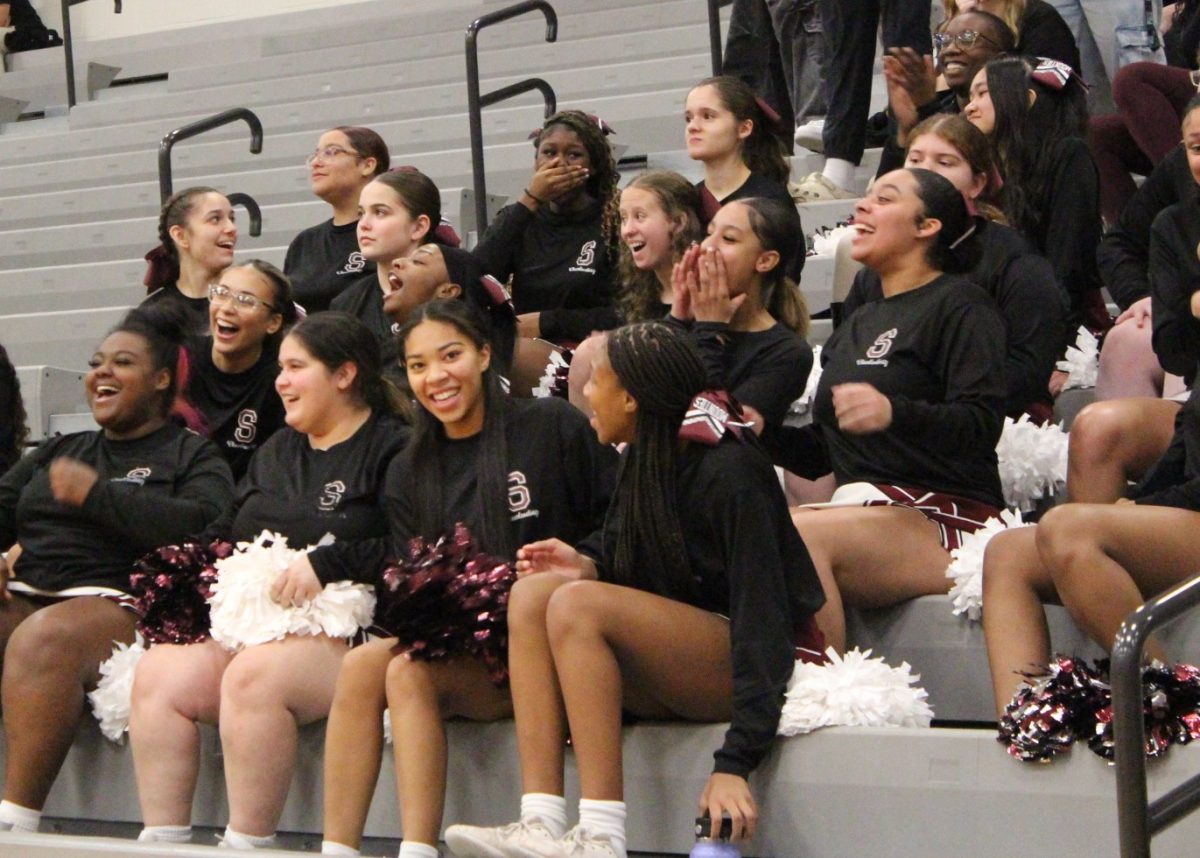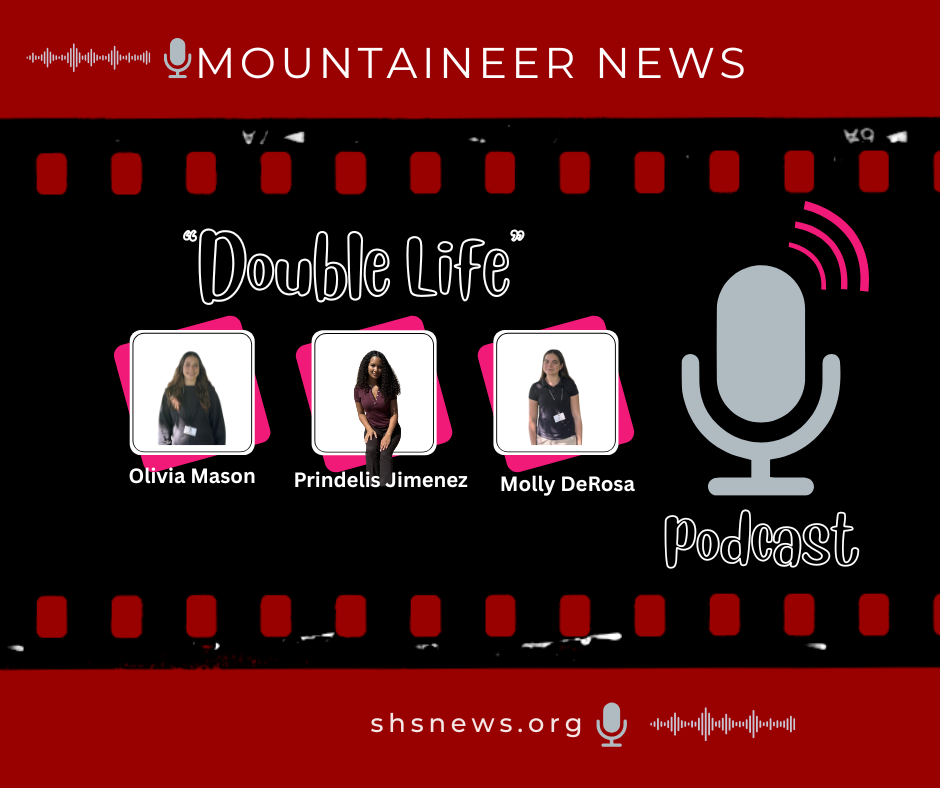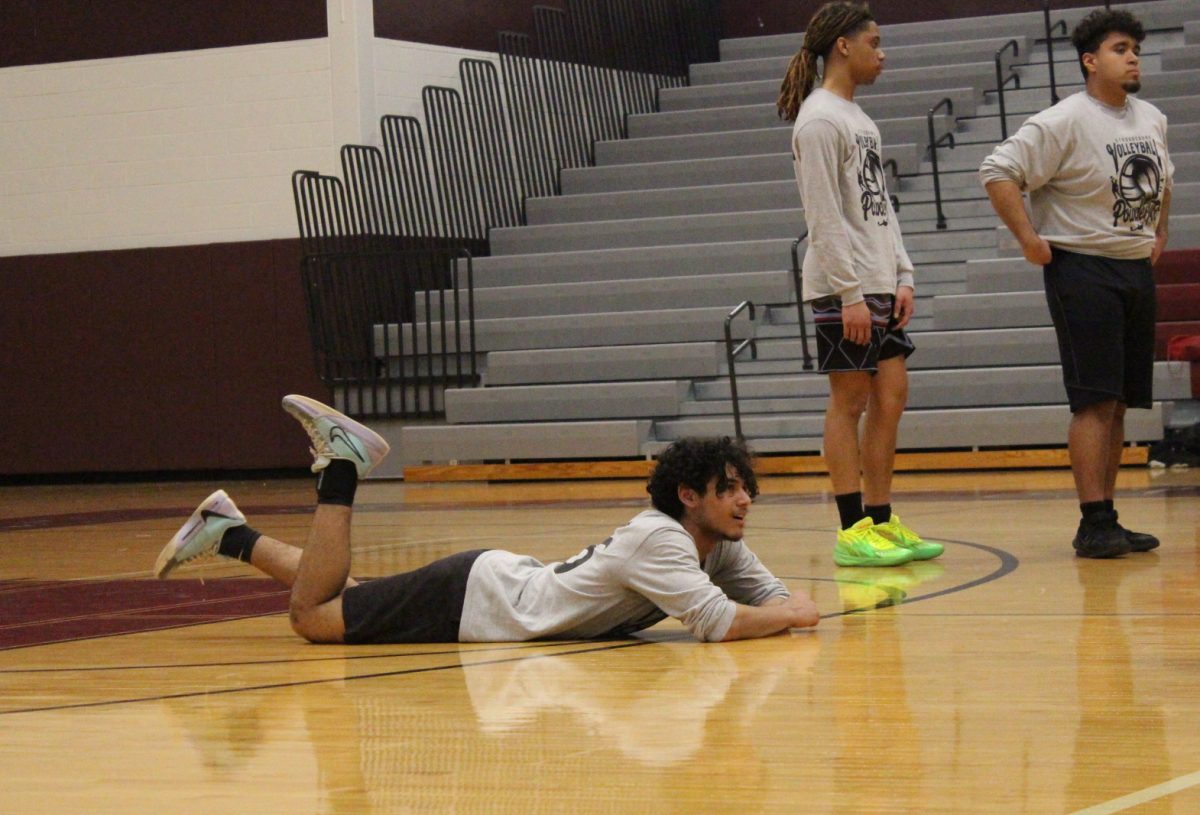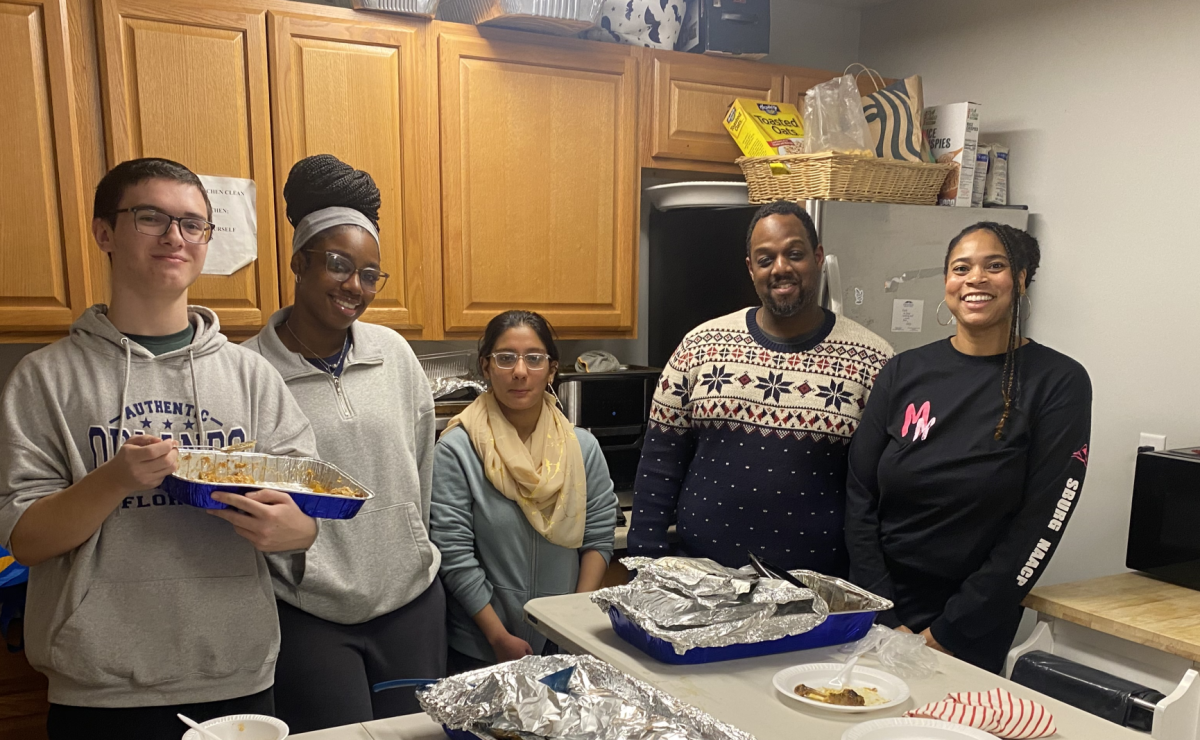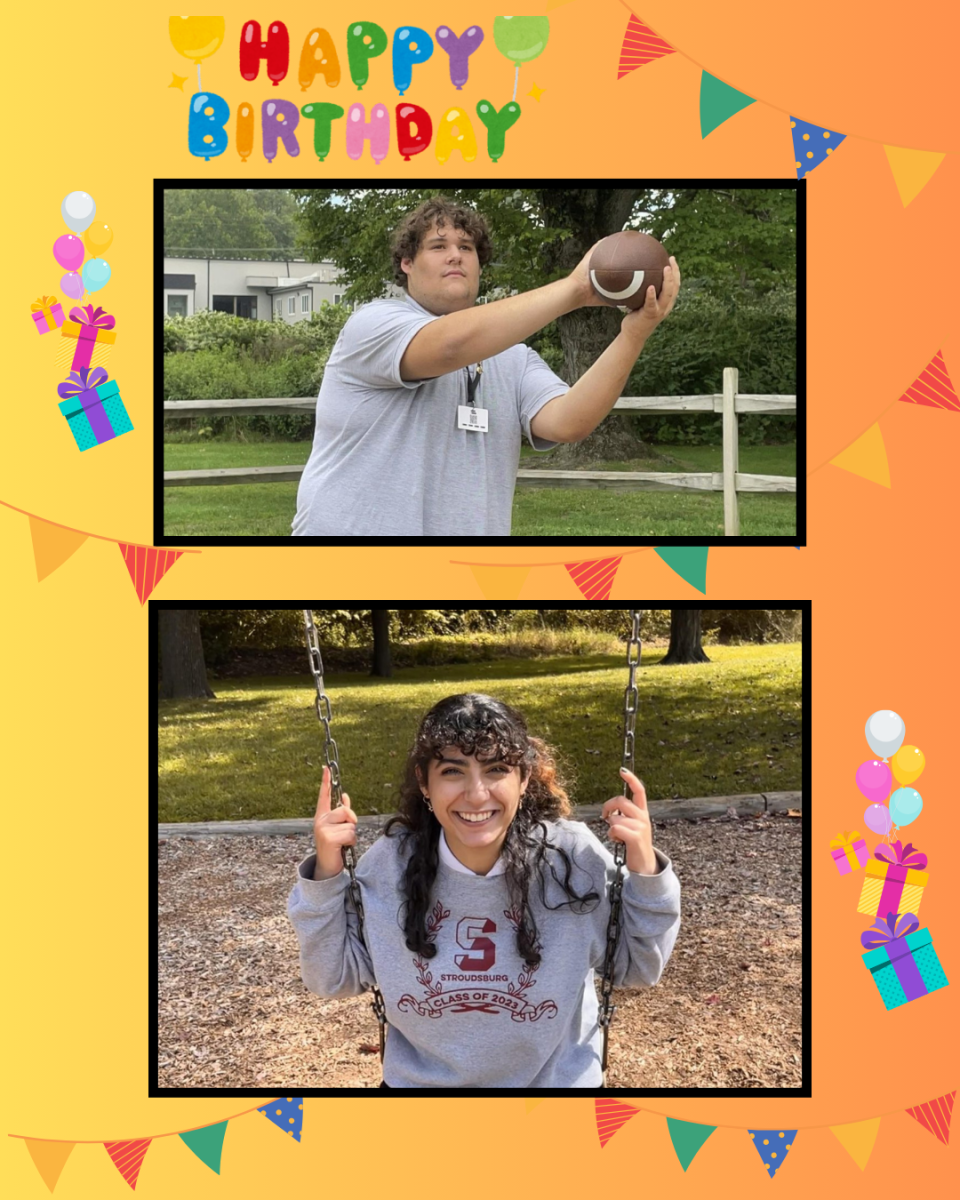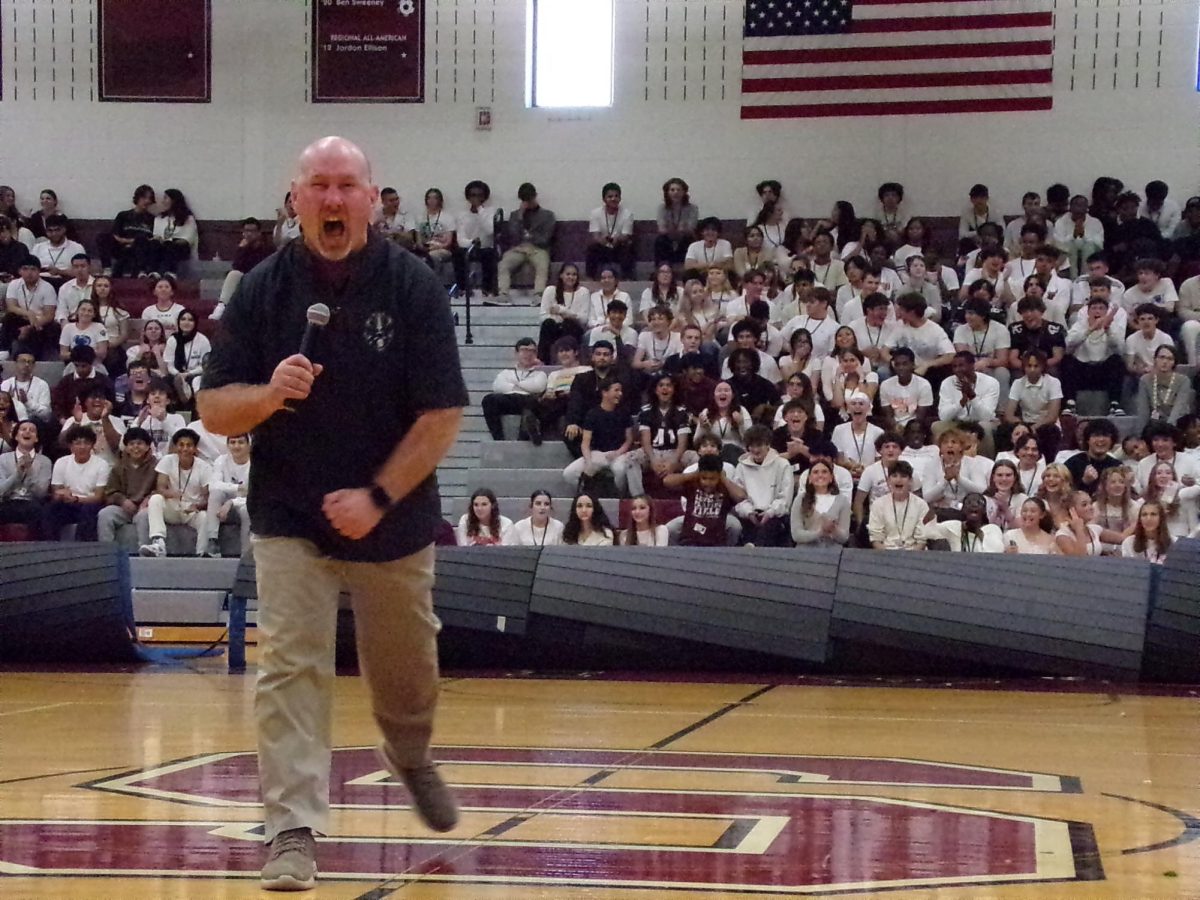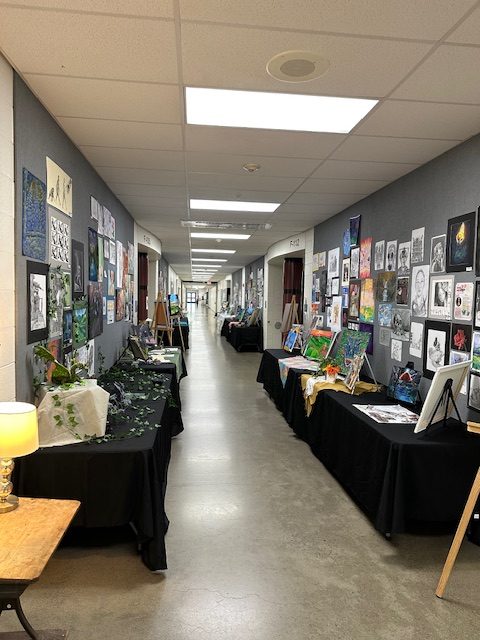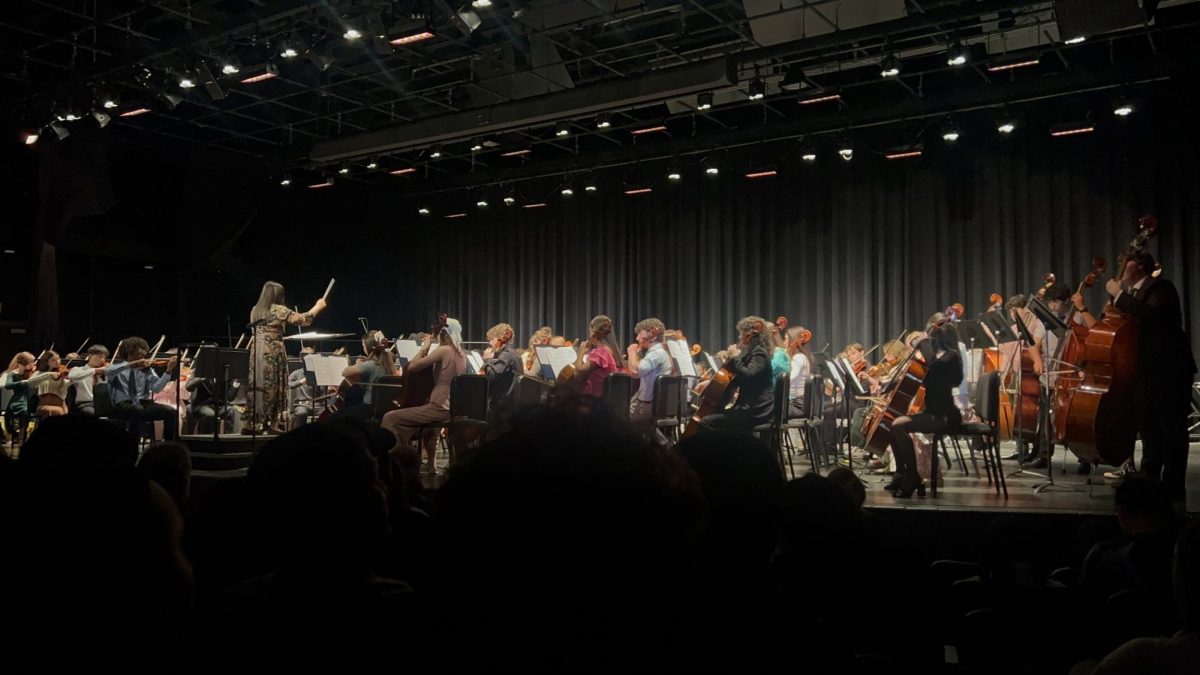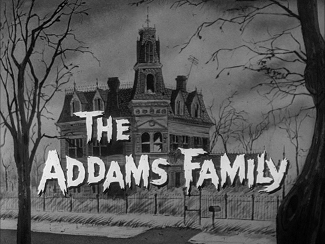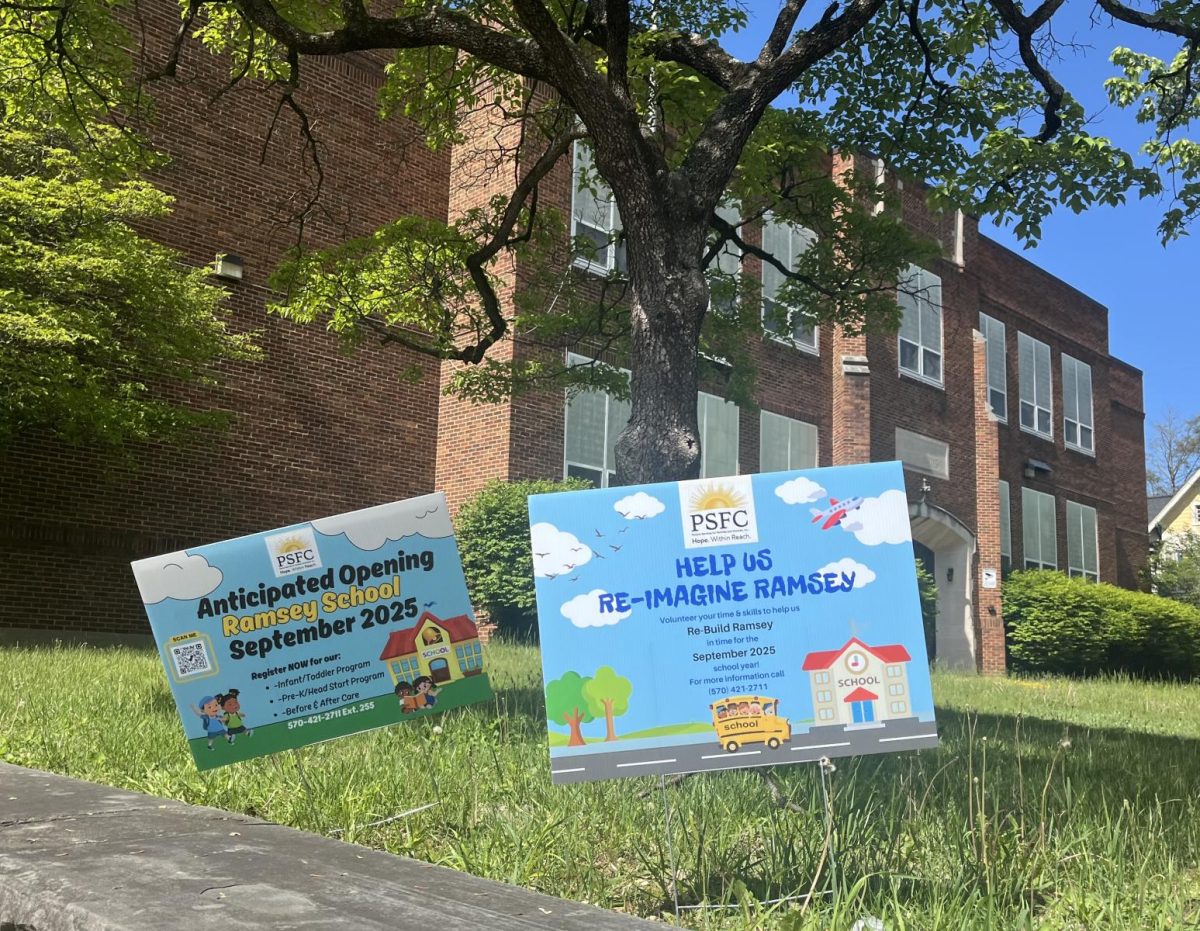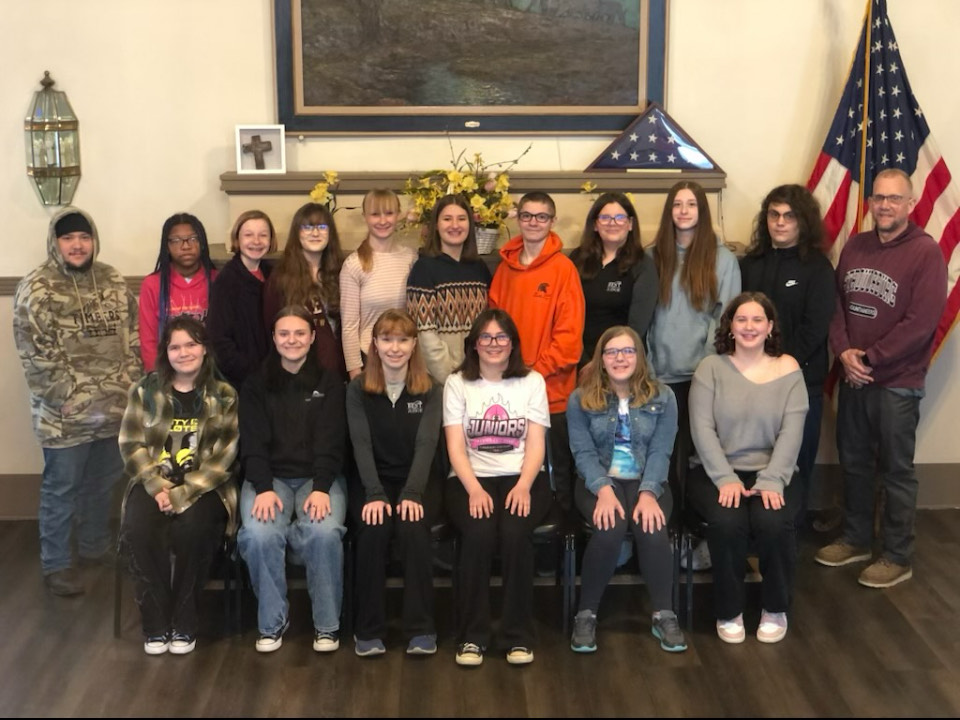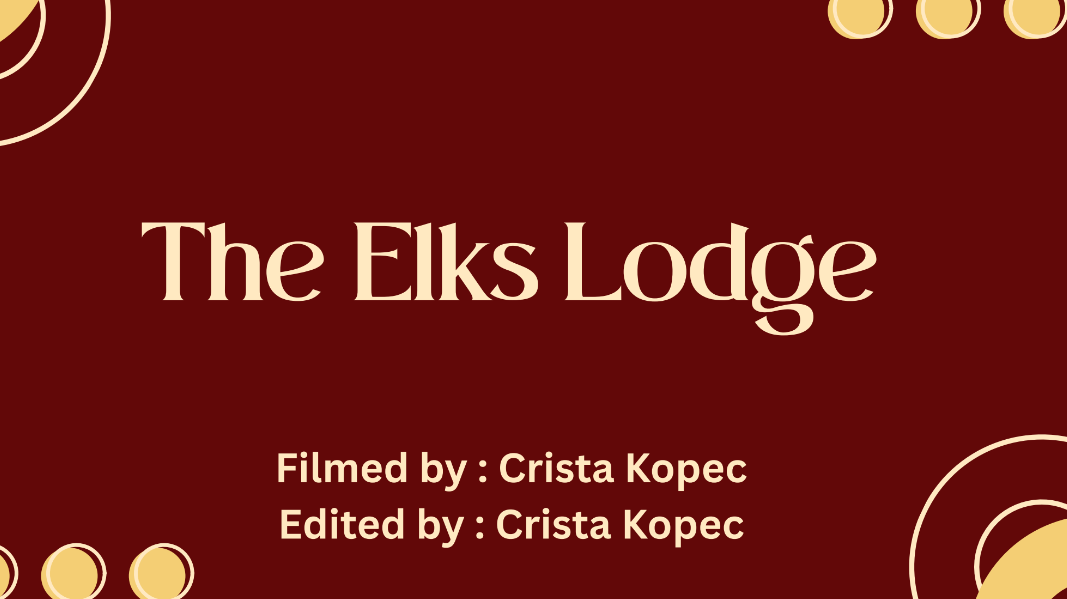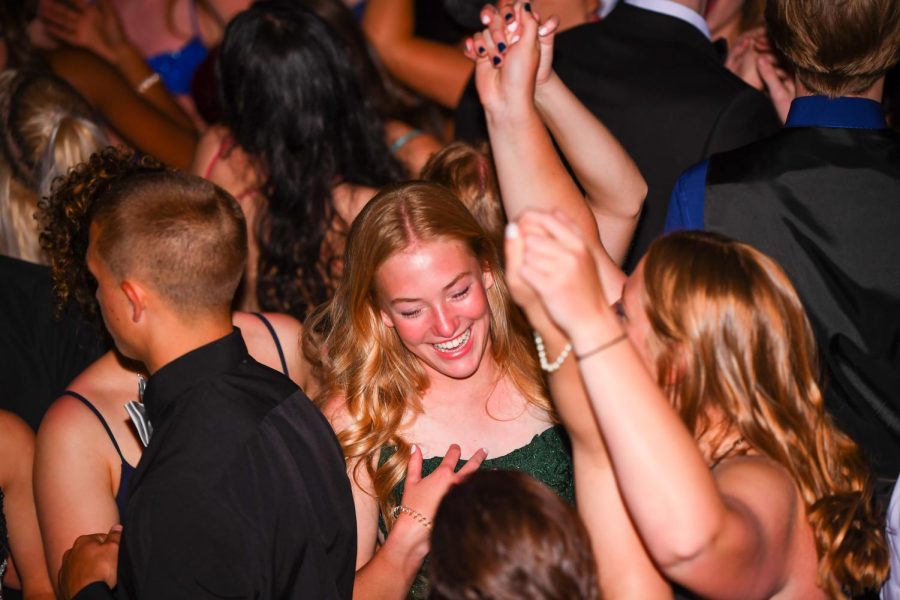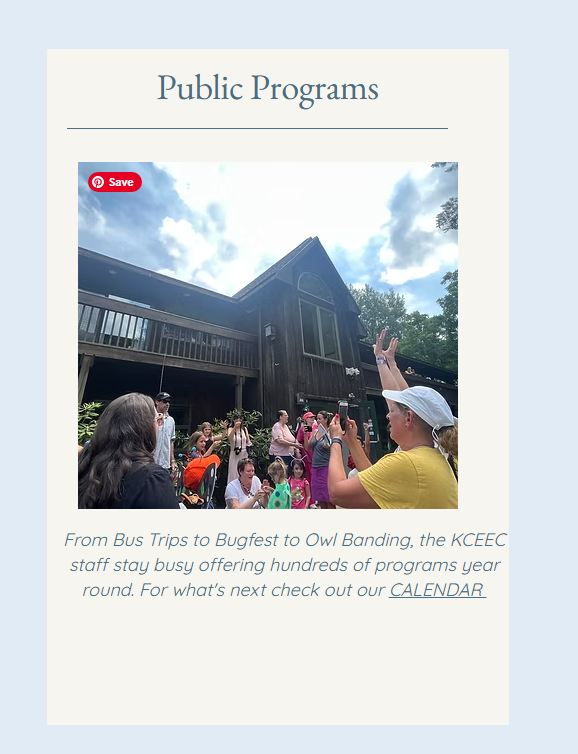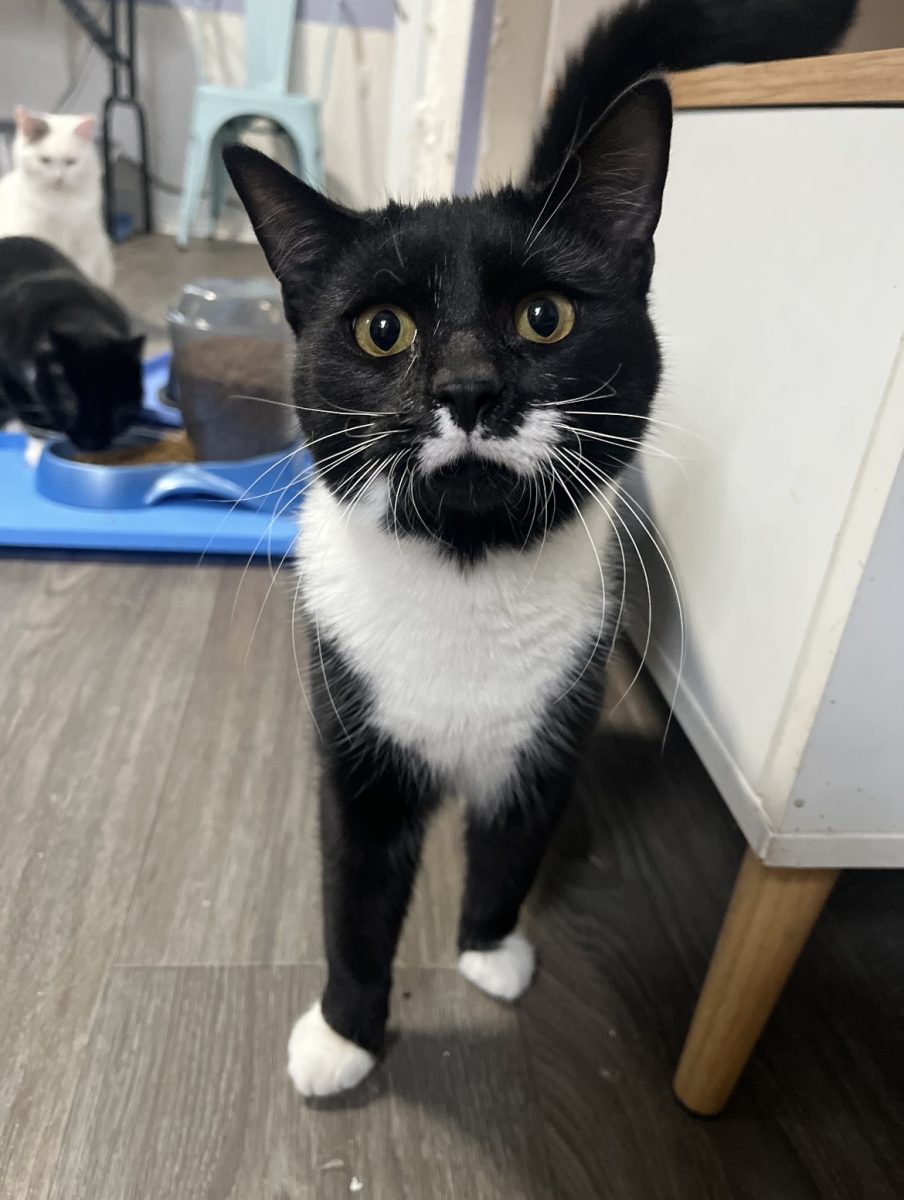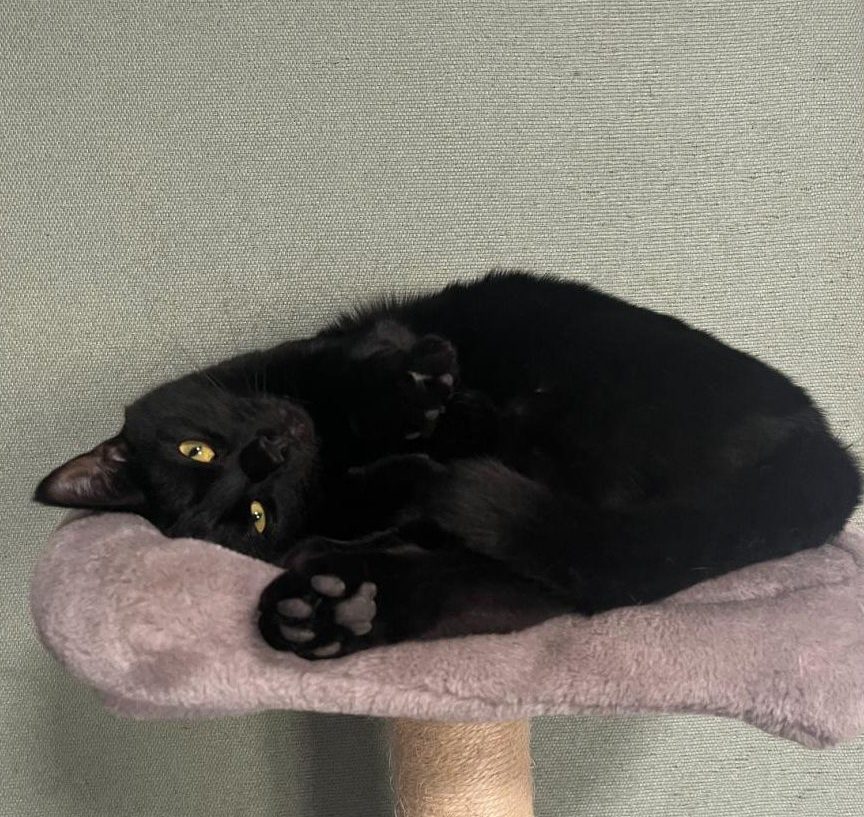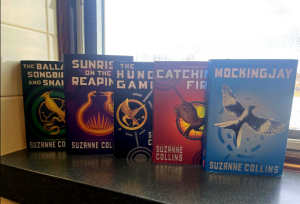What is love?
This complex feeling is heightened around Valentine’s Day

Valentine’s Day is here, do you have love? A photo from pixabay.
February 13, 2020
“Love is a force of nature,” according to Psychology Today.
Love is humanity’s biggest downfall and biggest motivation. It provides people with the greatest form of joy they will ever receive, but it also holds the power to destroy and hurt people deeply.
Love is a two-way street and it has building blocks along with it, as well as many forms of it. There are three forms of love that will be focused on throughout this article that show the differences of love felt or experienced from many people and an in-depth analysis into the three things that most strong, stable relationships possess.
Love can be felt in many different ways — from butterflies in your stomach to not being able to think of anyone else except that particular person. Here are three different kinds of love:
- Unconditional
- Lust
- Infatuation
Unconditional love is what people usually receive from their parents. The feeling that, no matter what, someone will be there and always care for us. It is a mutual level of love where both parties will provide the same level of sacrifice to one another. It is depicted in movies when the person drops everything and quits their job so they can rush to the airport and catch the person they love and confess. In relationships, it is when one person will anything for the other such as sacrificing things they like for the other and having a willingness to compromise.
It is very hard to break this form of love and it can be the most detrimental. A lack of unconditional love can cause trust issues in many people and make them cling onto someone as soon as they receive it from them. This deficit of love is what many people need, especially those with bad parents, those who are abused and those who are mistreated.
Lust is just sexual desire. When you look at someone and sexualize them, then it is truly being in lust and not love. Many confuse this with love, but do not mistake it. Although “love-making” can provide pleasure to many and can cause addiction, it is most certainly not love. Pleasure can certainly be experienced, but this type of behavior is typically done out of self-interest.
Many people can rush into relationships and marriages under these falsified pretenses. This leads to further problems because it is built on self-interest. It can also lead to one-sided love where one may fall in love with another, but it is not reciprocated. “Friends with Benefits” is another example of lust because someone may gain feelings, causing one-sided love.
Infatuation is an obsession with the other person. This develops the desire to be clingy to that person as they may live constantly in fear that it may end. Some people naturally get over obsessions after a month or two, as it is typically short-term.
What is the relation between all three of these things? Having all three can create this strong bond that is known as love. A strong, stable relationship requires these things to be successful. Why? Time to explain the three essentials of love:
- Love
- Lust
- Friendship
Now that we’ve diagnosed what love is, we can get into the stability of love. How can we achieve the strongest form of love with another person? These three qualities or components are essential.
Lust adds a fun element to love. It has already been covered previously, so let’s expand upon it. There is a passion in sexual desire when the person is his/her significant other. This passion is like fire that cannot be explained and can only be satisfied by one’s significant other. This does not mean that there is only one person in the world with which that passion can be felt. Some people fall in love more than once and are passionate about each and every single one of them, and feel the need to provide the pleasure to them.
Friendship is especially key. Opening up to the other person makes people feel safe and able to confide in them. Not being able to communicate openly can cause many complications. What is friendship? Guess what. More bullet points.
- Trust
- Communication
- Interest
What is trust? Trust is what we feel when we can truly share anything with the other person and believe what they say. Believing the other person and knowing you can trust them creates this feeling of being safe with them. Almost like feeling at home. It is crucial to both love and relationships because adding the friendship aspect grows character and creates growth in the relationship.
Communication is key. Being able to open to your significant other is a great feeling. It grows the relationship much easier and there’s a sense of trust. Feeling like one can show their true side with no backlash creates a feeling of being safe. What does this mean? Safe means that one can easily confide in the other and can be as comfortable as possible with them. It is an amazing feeling that is very hard to replicate and can be found in more than one person. It isn’t just limited to significant others either.
Having interest in the person and what they are saying makes things better. Interest is being able to listen to what the other is saying at all times, no matter how boring it may seem and then being able to respond with thoughtful feedback. It is is one of the best feelings because both parties can equally feel interest in each other along with the stories that are shared. Having someone to talk to and having someone that can be listened to is great.
Love is complicated. This does not mean there are exceptions to these structures, because there are. This is about as much of a blanket statement as it can be.
What is love? It’s a feeling. A feeling that sums up all of these feelings and relationships into one word. Some people are fall in love faster than others. Some don’t know what it is. Some fail to express love in time. Use this information to help learn more about what love is and can be.







